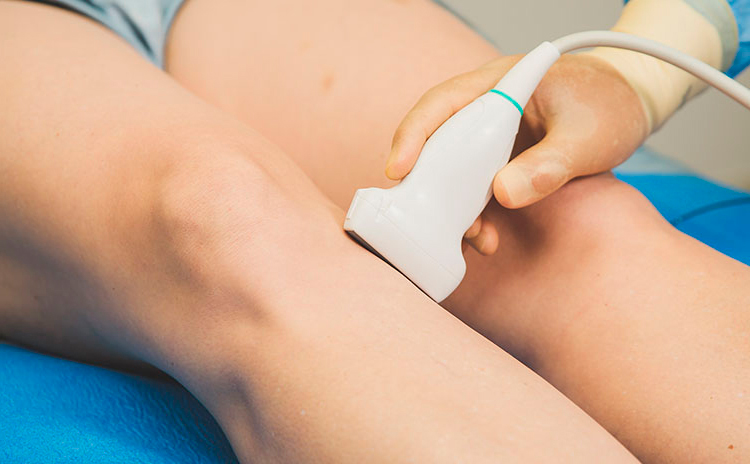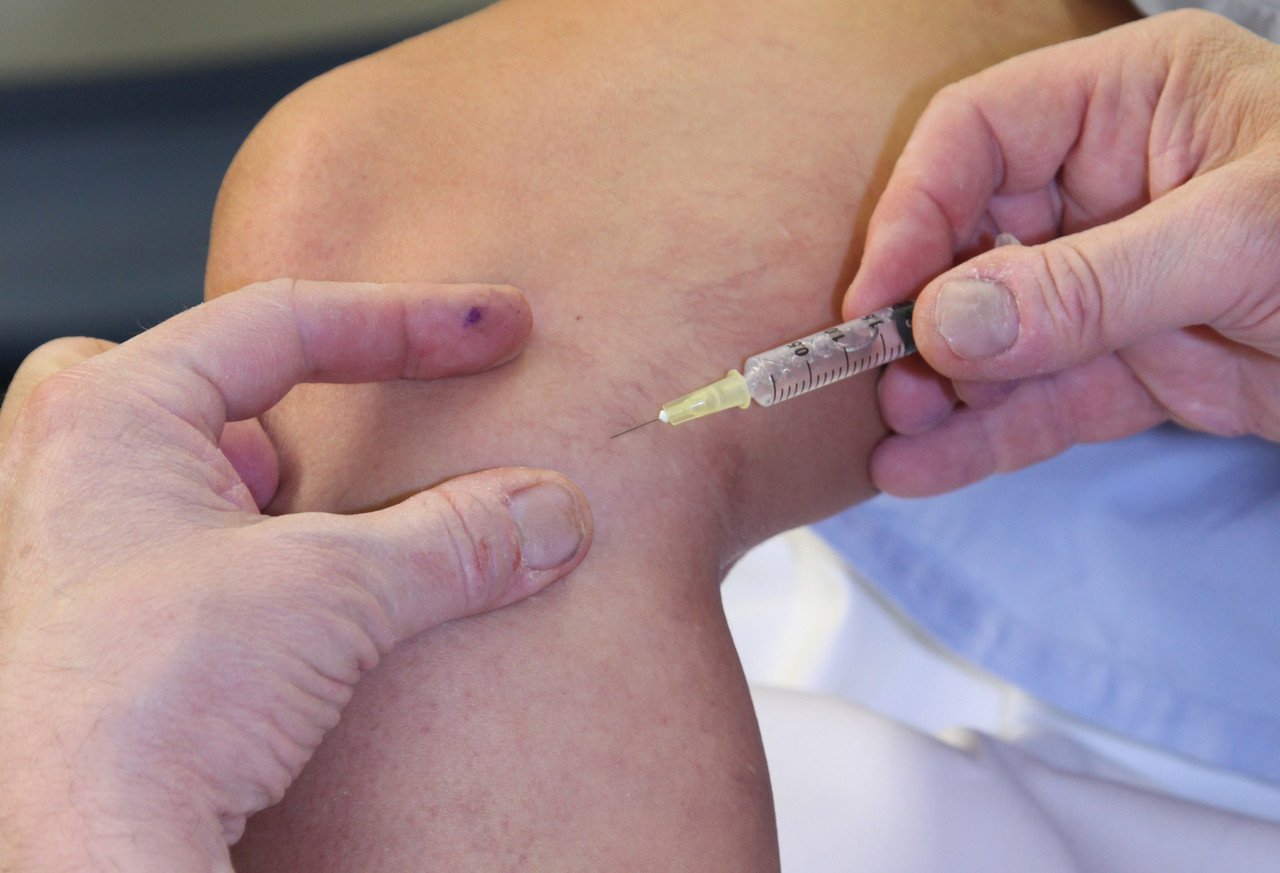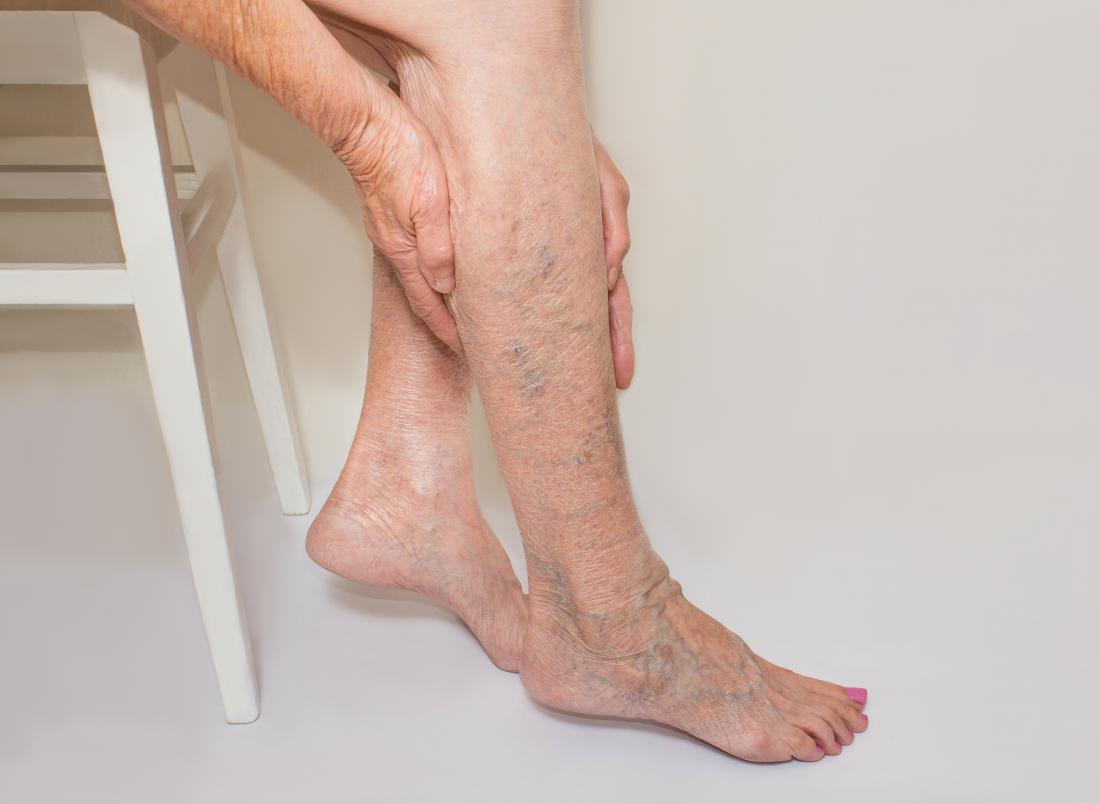For the uninitiated, varicose veins, mostly found in legs, refer to swollen veins that are visible through the skin. Not considered to be a serious condition in most cases, varicose veins can be painful at times and can be awful to look at. If not treated, varicose veins can cause pain and other health problems. Sometimes, these veins are not as swollen or evident and are called spider veins, because of appearance that’s similar to spider webs.
There are varied symptoms of varicose veins, such as sores, pain, discoloration and bruising. If you have varicose veins in legs, you may also feel a certain level of heaviness in the limb. The good news is there are several vein treatment options available, which are not only minimally invasive but also effective and don’t involve any downtime.
Reviewing the treatments
The best clinics for vein treatments rely on what is called Ultrasound Vein Mapping, which helps in mapping the vein system and identifying the ones that must be treated.

Some of the common treatments for varicose veins include –
- Endovenous laser ablation (EVLA). EVLA is one of the advanced options for treating varicose veins without surgery. As the name suggests, the treatment relies on laser for closing varicose veins. A special laser catheter will be inserted into the vein for the treatment, and the whole procedure takes less than an hour. This is done under local anesthesia, and there is no downtime involved.
- Sclerotherapy has been in use for decades now and involves using a saline solution that’s injected directly into the vein, which helps in getting rid of varicose veins. This is often used in conjunction with EVLA to get the best results and can be considered for the treatment of spider veins, as well.

Getting evaluated
An experienced and known doctor is the best person to explain if either of these treatments are right for your condition. For mild cases of varicose veins, doctors may recommend using compression stockings, which can help some patients. If that doesn’t work for you, your doctor will suggest the right treatment plan, and you can take a call accordingly. Note that varicose veins, even the worst cases, can be treated, but certain treatments may not be recommended for some patients, such as pregnant women. Find a clinic near you for an evaluation and discuss the options in detail. EVLA and Sclerotherapy, in general, are highly successful.


